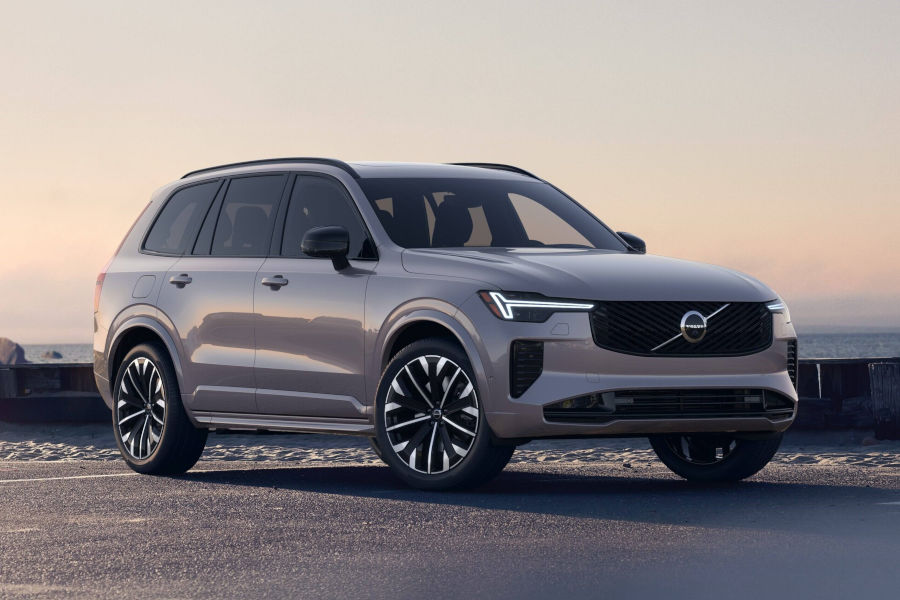Volvo’s decision to expand production at their South Carolina facility represents a masterful strategic response to the challenging tariff environment that has emerged under the current trade policies. The announcement to produce the XC60 mid-size SUV domestically by late 2026 comes at a particularly crucial time, as the automotive industry faces unprecedented tariff pressures.
No More Tariff – Maybe
The tariff situation has fundamentally shifted how European manufacturers approach the American market. The Trump administration implemented 25% tariffs on automotive imports beginning in April 2025, creating immediate cost pressures for any vehicle imported from Europe. For Volvo, this means that XC60s shipped from their Swedish facilities would face a tariff burden, making them significantly less competitive in price-sensitive markets.
By producing the XC60 in South Carolina, Volvo transforms their cost structure entirely. Vehicles manufactured domestically avoid these crushing import tariffs, allowing Volvo to maintain competitive pricing while preserving profit margins. This strategic shift becomes even more significant when considering that a 50% tariff scenario could decrease EU automotive exports by EUR 5.2 billion, demonstrating the existential threat these trade policies pose to European manufacturers.
The pricing implications for American consumers are huge. Previously, imported XC60 models faced the standard 2.5% automotive tariff, but under current policies, that cost burden has multiplied tenfold. Domestic production eliminates this tariff entirely, potentially making Volvo vehicles thousands of dollars more accessible to American buyers. This price advantage becomes particularly important in competitive segments where consumers often cross-shop between premium European and domestic alternatives.
California’s unique automotive preferences make this strategy especially relevant for Volvo’s American operations. The XC60 has emerged as Volvo’s most popular model in California, driven by the state’s environmental consciousness and preference for Scandinavian design aesthetics. California consumers particularly value Volvo’s commitment to electrification and safety innovation, both hallmarks of the XC60 lineup. The vehicle’s mild-hybrid technology and advanced driver assistance systems align perfectly with California’s progressive automotive values, while its luxury positioning appeals to the state’s affluent demographics.
This domestic production strategy positions Volvo to capitalize on California’s substantial automotive market without the burden of import tariffs, potentially accelerating their growth trajectory in America’s largest car market.




Recent Comments